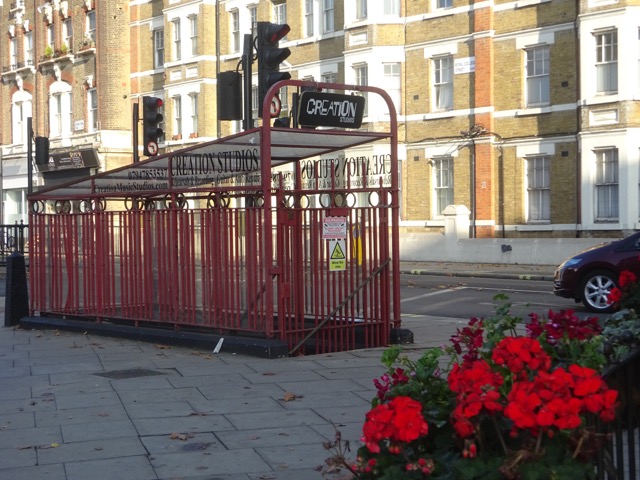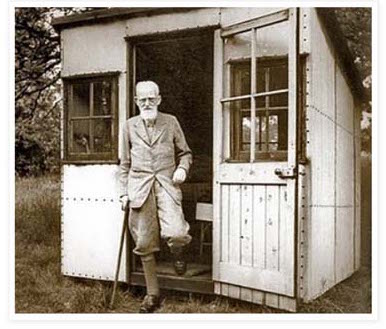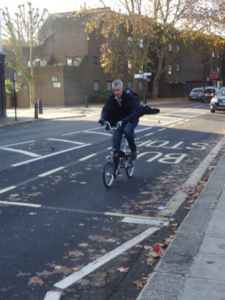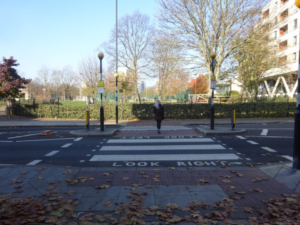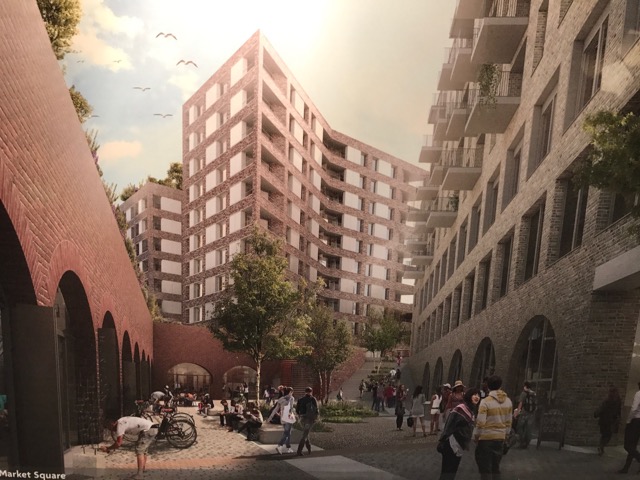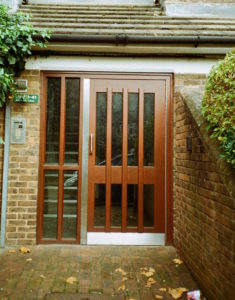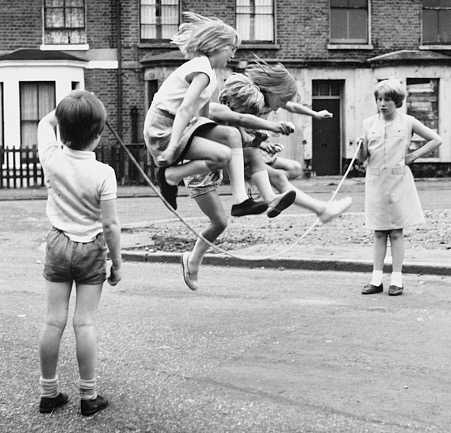
Not long ago, in a rather heated discussion about bike lanes, a friend who I had always valued for her good sense asked me, in all seriousness, whether I preferred cars to children.
It turns out that she is a passionate advocate of a car-free city, an idea which makes no more sense to me than the idea of a forest without trees.
Perhaps the fury that the whole bike issue engenders is some kind of displacement: what we are really furious about is the turn life has taken through no one’s fault – or everyone’s fault, if you prefer that version – and yet, even as I say this, my hackles rise as I remember that particular conversation.
I had been lamenting the disruption caused by the introduction of bike lanes on the road where, in my cycling days, I had never felt a need to be protected from the rest of the traffic, and where now confusion reigns.
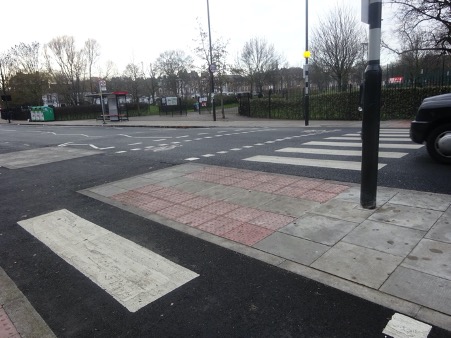
In their enthusiasm for thwarting the driver and prioritising the cyclist, the Council has lost sight of the needs of the pedestrian, as can be seen in the now iconic snapshot of an elderly lady sitting on a bench in the middle of a bike lane as she waits for a bus. The Council had neglected to move the bench when they moved the stop.
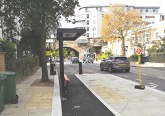
What, I asked my friend, have these measures achieved except waste public money and raise a storm in the local press? Instead of (or as well as) cars endangering cyclists, cyclists now endanger pedestrians, and if the streets were to become children’s playgrounds, wouldn’t their games be very different from those of yesteryear . . . ? The cheerful little girl, hiking her frock up with one hand as she dances in the street is no longer among us. Her great-grandchildren would not be playing hopscotch. Not long ago, at the other end of our street, a boy was deliberately run over by his mates, in a stolen car. Kitchen knives are kept out of sight in the local shops.

To think that city streets were meant as playgrounds is on a par with town-dwellers complaining about the mud in country lanes. Cities are cities. The only reason that little girl was dancing in the street is that she lived in a slum and there was no park nearby.
Much has changed since then. The war created a lot of open spaces, and enlightened councils have provided many more. It does not surprise me that the blocked-to-traffic side roads are deserted. As I go for my Covid constitutional, I have never seen any children playing in those empty streets.
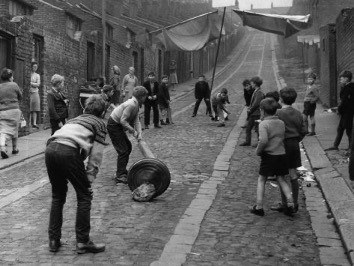
No, I don’t prefer cars to children, but I do think that cars belong on the road and children don’t. And though I sometimes think longingly of the years spent in a remote part of North Yorkshire, where you recognised every vehicle that passed, I don’t want or expect Kentish Town to resemble it.

Like any reasonable adult, I think city-dwellers should use public transport or their legs whenever they can but, as one gets older, one comes to realise the very real benefit of four wheels and to dread the day when one will no longer be able to manoeuvre one’s ageing body into the driving seat, putting so much that is precious for ever out of reach.
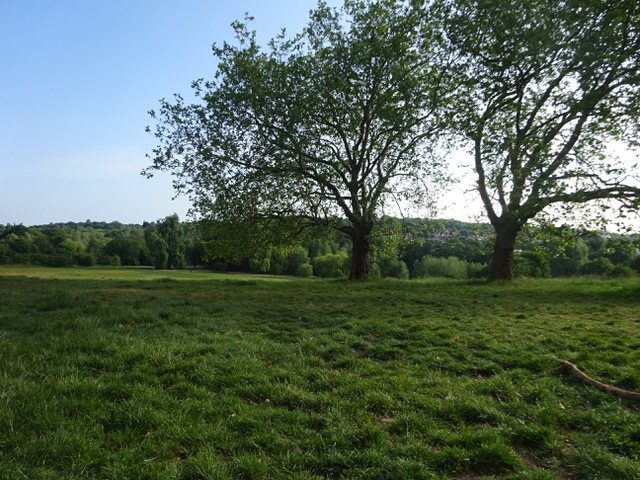
As I fill in a Camden questionnaire on ‘traffic solutions’, and wonder why on earth they need to know my ‘sexual orientation’, I am also thinking, with some satisfaction, of the day in the future when the fit young things who spearhead the powerful cycling lobby will be old themselves (if they have survived the killing fields of Chalk Farm Road*) and may come to regret what they have done.
*In its wisdom, the Council has just introduced bike lanes on this road which is being used by all the heavy traffic serving a major building development scheduled to take six years to complete.

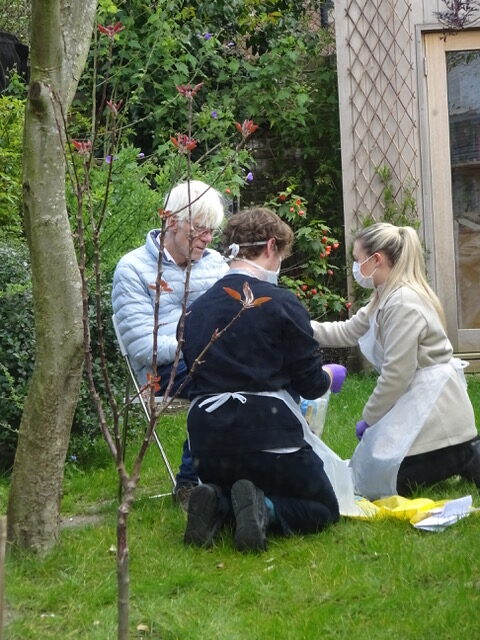
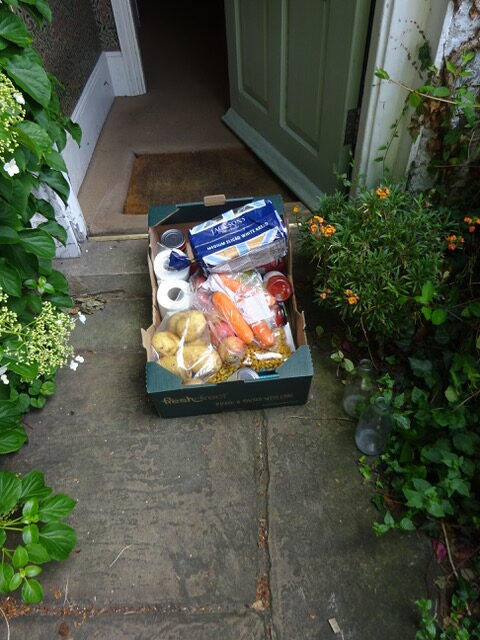

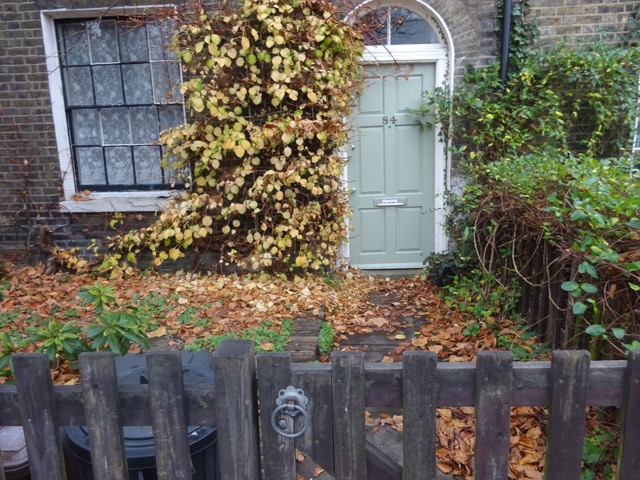
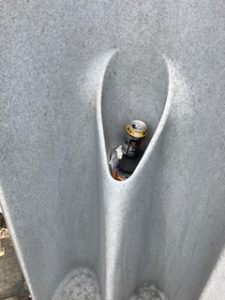 is not always recognised for what it is, and is commonly misused as a waste bin) they go on issuing alcohol licences.
is not always recognised for what it is, and is commonly misused as a waste bin) they go on issuing alcohol licences.